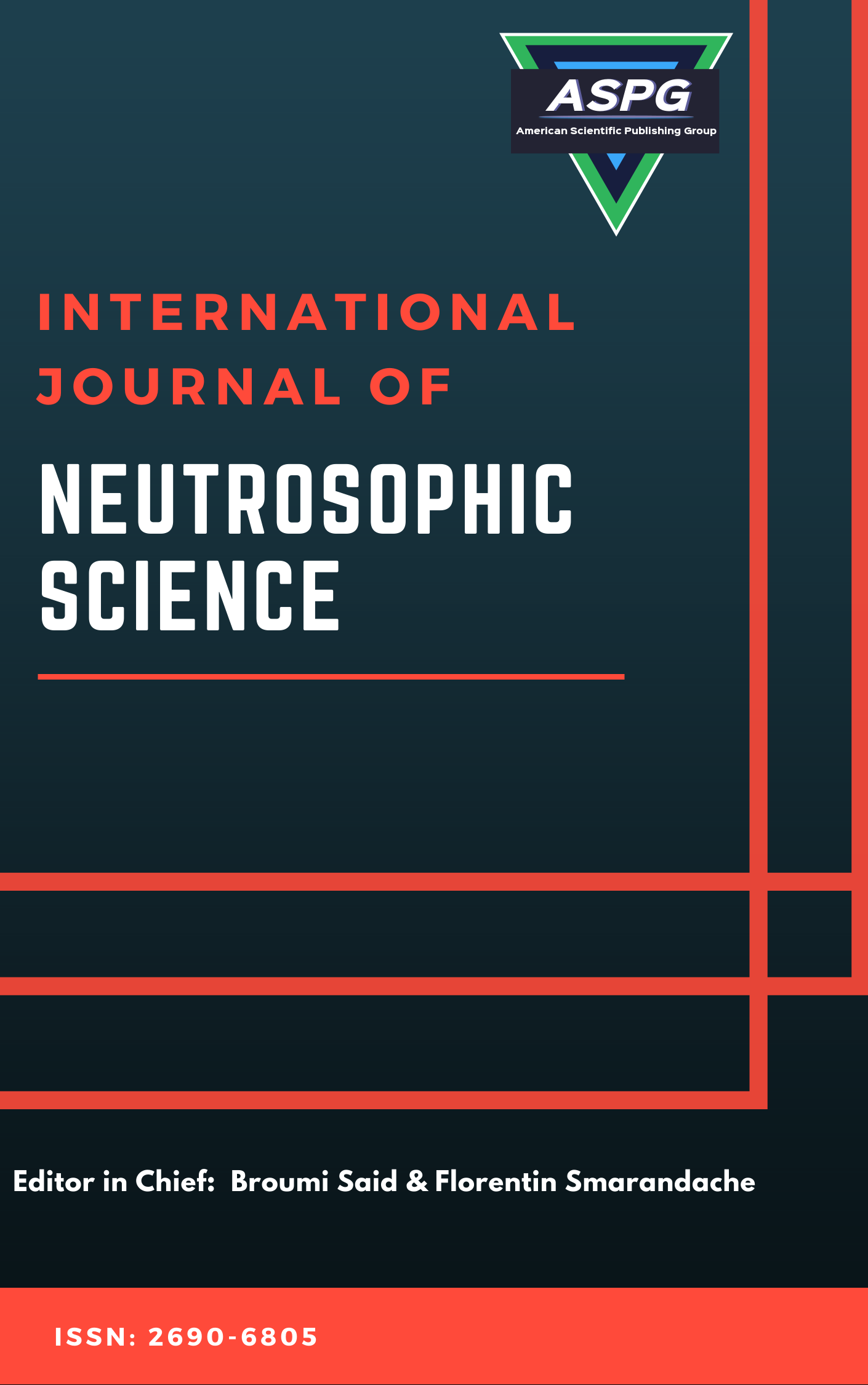

Volume 27 , Issue 1 , PP: 147-158, 2026 | Cite this article as | XML | Html | PDF | Full Length Article
Naser Odat 1 *
Doi: https://doi.org/10.54216/IJNS.270115
The fuzzy reliability estimate for the Benktander distribution, a model appropriate for heavy-tailed data, is investigated in this work. By adding membership functions and α-cuts, we extend the Benktander distribution to a fuzzy framework and compute its probability density function and reliability function. The fuzzy reliability is estimated using two methods: maximum likelihood and Bayesian approaches. The Bayesian method uses special loss functions, gamma priors, and squared error. The effectiveness of these estimators is examined in a simulated study using varying sample sizes and parameter values. The findings show that, especially for smaller samples, Bayesian techniques—in particular, the cautious Bayes estimator—perform better in terms of accuracy and stability than maximum likelihood estimation. The results emphasize how crucial it is to choose suitable prior distributions and loss functions while doing reliability analysis.
Benktander Distribution , Fuzzy Reliability , Maximum likelihood , , Bayesian estimator
[1] L. A. Zadeh, "Fuzzy sets," Information and Control, vol. 8, no. 3, pp. 338–353, 1965. doi: 10.1016/S0019-9958(65)90241-X.
[2] D. Singer, "A fuzzy set approach to fault tree and reliability analysis," Fuzzy Sets and Systems, vol. 34, pp. 145–155, 1990. doi: 10.1016/0165-0114(90)90154-X.
[3] M. A. Hussian and E. A. Amin, "Fuzzy reliability estimation for exponential distribution using ranked set sampling," International Journal of Contemporary Mathematical Sciences, vol. 12, no. 1, pp. 31–42, 2017.
[4] N. Al-Noor, "On the fuzzy reliability estimation for Lomax distribution," AIP Conference Proceedings, vol. 2184, pp. 252–270, 2019.
[5] N. H. Al-Noor, "Reliability estimation of Lomax distribution with fuzziness," Boletim da Sociedade Paranaense de Matemática, vol. 41, pp. 1–9, 2023.
[6] G. Benktander and C. O. Segerdahl, "On the analytical representation of claim distributions with special reference to excess of loss reinsurance," Scandinavian Actuarial Journal, vol. 43, pp. 117–119, 1960.
[7] S. A. Klugman, H. H. Panjer, and G. E. Willmot, Loss Models: From Data to Decisions, 5th ed. Hoboken, NJ, USA: Wiley, 2019.
[8] A. Venkatesh and S. Elango, "Fuzzy reliability analysis for the effect of TRH based on Gamma distribution," Journal of Engineering Research and Applications, vol. 3, no. 6, pp. 1295–1298, 2013.
[9] C. H. Chen and L. Mon, "Fuzzy system reliability analysis by interval of confidence," Fuzzy Sets and Systems, vol. 56, pp. 29–36, 1993.
[10] A. Bataihah and A. Al-Husban, "Time-dependent fuzzy soft expert systems for dynamic decision support," Applied Soft Computing, vol. 112, p. 107785, 2022. doi: 10.1016/j.asoc.2021.107785.
[11] A. Bataihah, "The effect of the weighted expert factor on time fuzzy soft expert sets," European Journal of Pure and Applied Mathematics, vol. 18, no. 2, p. 5937, 2025.
[12] N. A. Al-Saadoon, M. M. Ramadan, and R. S. Mahmoud, "On the fuzzy reliability estimation for standard Kumaraswamy distribution," Benha Journal of Applied Sciences, vol. 7, no. 5, pp. 157–164, 2022.
[13] C. H. Cheng, "Fuzzy repairable reliability based on fuzzy GERT," Microelectronics Reliability, vol. 36, no. 10, pp. 1557–1563, 1996.
[14] T. Qawasmeh, W. Shatanawi, A. Bataihah, and A. Tallafha, "Common fixed point results for rational (α,β)_φmω contractions in complete quasi metric spaces," Mathematics, vol. 7, no. 5, p. 392, 2019. doi: 10.3390/math7050392.